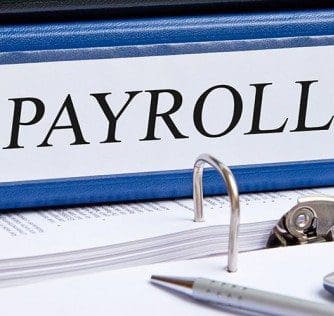
Date: September 2012
Workers are either employees or independent contractors. In classifying a worker in one of those two categories, several factors come into play, including federal and state laws (including tax laws), liability considerations, worker’s comp, and wage and hour compliance, among others.
MORE: See our other practical employment law articles
In the short run, classifying workers as independent contractors is typically less costly. However, in seeking to avoid payroll taxes, overtime pay, employee benefits and other obligations, employers risk significant liability if, for example, a misclassified contractor later claims to be an employee entitled to overtime.
Government agencies, such as the Wage and Hour Division of the U.S. Department of Labor, are increasingly vigilant in identifying employers that misclassify employees as independent contractors, resulting in potential penalties for many businesses. In addition, some agencies have announced new information-sharing agreements, raising concerns among some businesses that properly reclassifying a worker with one government agency will catch the attention of another agency, such as the IRS. The risk of incurring liability for unpaid wages, payroll taxes, penalties and interest, combined with other employment-related costs, make many businesses with evolving workforces even more reluctant to reclassify independent contractors as employees.
Voluntary Settlement
To address these concerns, the IRS has established a voluntary program to allow reclassification of workers. Under the Voluntary Classification Settlement Program (VCSP), taxpayers can change the classification of their workers, from independent contractors to employees, and receive partial relief from potential liability for past federal employment taxes.
To participate in the VCSP, taxpayers must meet certain criteria (see Eligibility), apply for the program, and agree to certain conditions required by the IRS. The IRS has stated that it will not share with other federal or state agencies any information provided in connection with the VCSP, a significant offer for employers that might otherwise incur a Department of Labor minimum wage and overtime audit.
For some businesses, utilizing the VCSP may be very beneficial, particularly if they believe they have a substantial potential liability related to misclassified workers. If you would like to learn how and whether the VCSP would be beneficial for your business, the employment and tax attorneys at Barton Law can assist you.
Social Networking and the Workplace Prepare Now for the Obamacare Employer Mandate Unique Legal Issues Affect Employers on Arizona Indian Reservations OSHA Clash with State Safety Regulators a Concern to Employers Restrictive Covenants in Employment Agreement Found to Be Too Broad Confidentiality in Investigations: A Trap for Unwary Employers? The Affordable Care Act: Things to Know for 2011 U.S. Supreme Court Upholds Arizona’s Employer Sanctions Law Avoiding The Threat of Genetic Discrimination Court Suspends NLRB-Required Notice of Collective Bargaining Rights The Fair Labor Standards Act Accommodating Pregnant Employees IRS Program Offers Employers a Break for Misclassifying Workers Employee Voting Rights: Arizona Employer Obligations Obamacare Update: Employer Mandate Pushed Back to 2015 Supreme Court Decides Cases in Favor of Employers Reducing the Risk of Wrongful Termination Employers, Large or Small: Obamacare Requires Action by October 1 Minimum Wage: Don’t Overlook Arizona’s Higher Requirement FMLA: Communicating with Employees on Leave NLRB Takes Aim at Employee Handbooks

